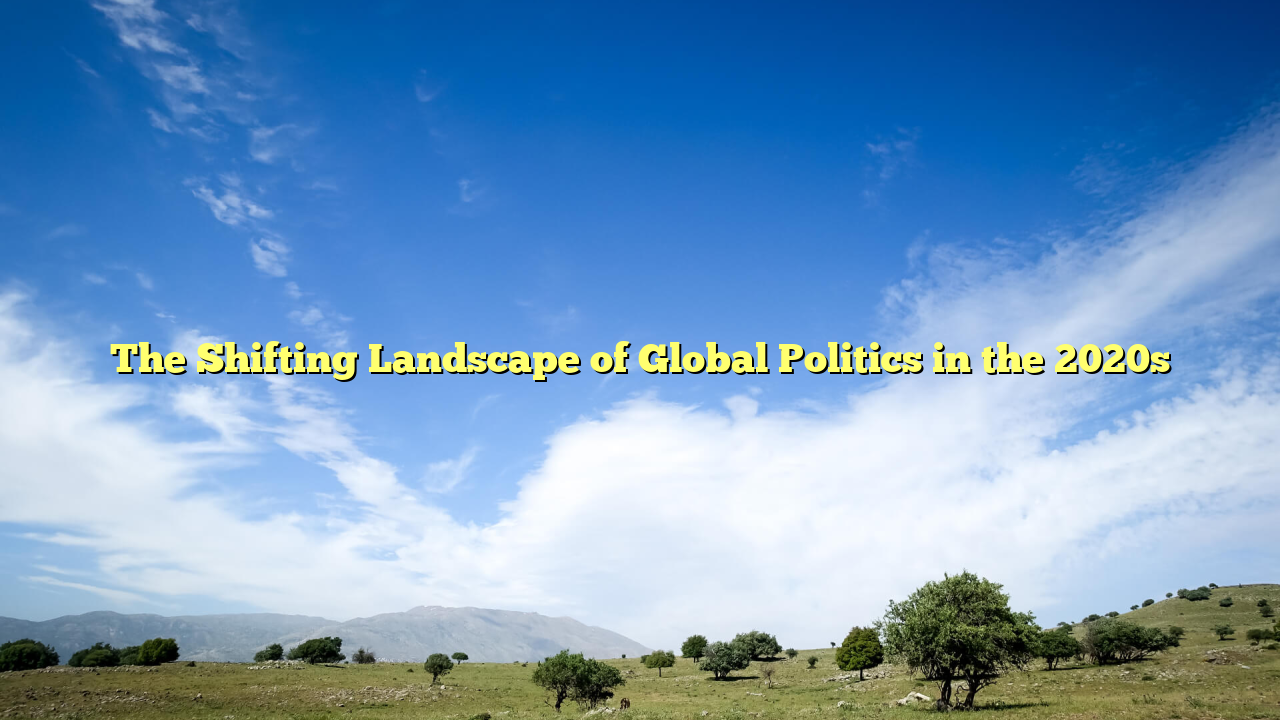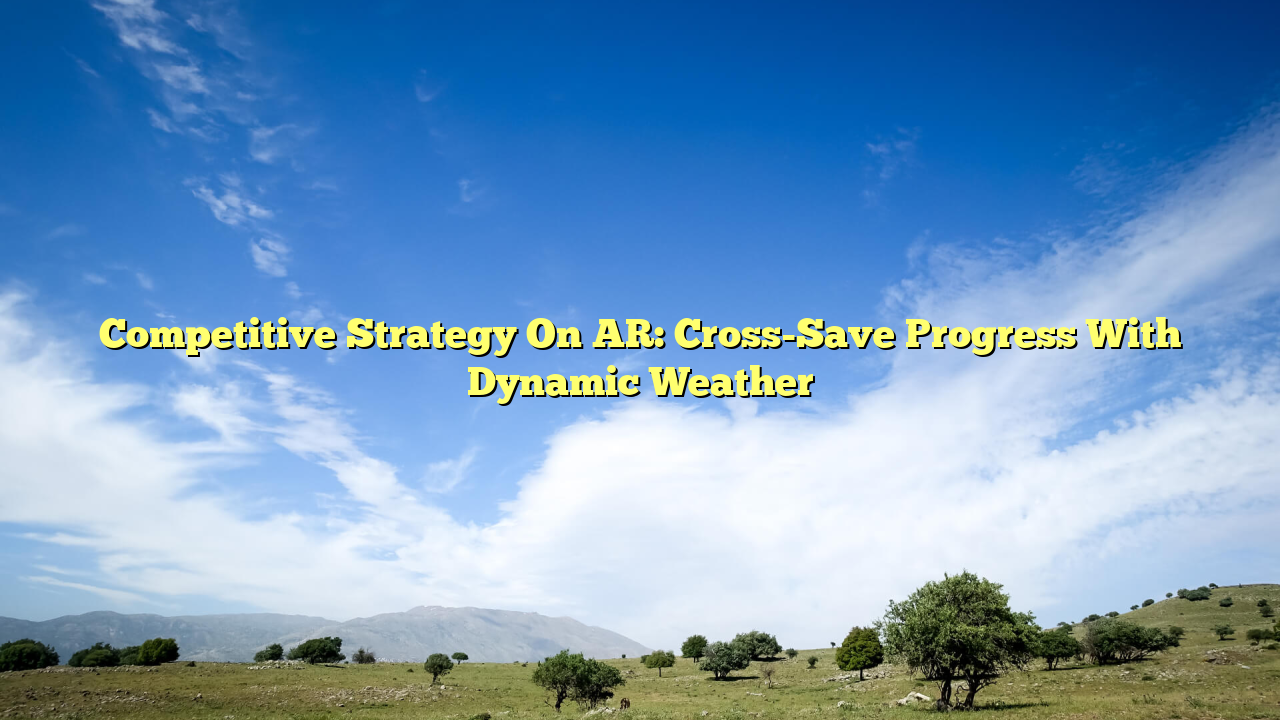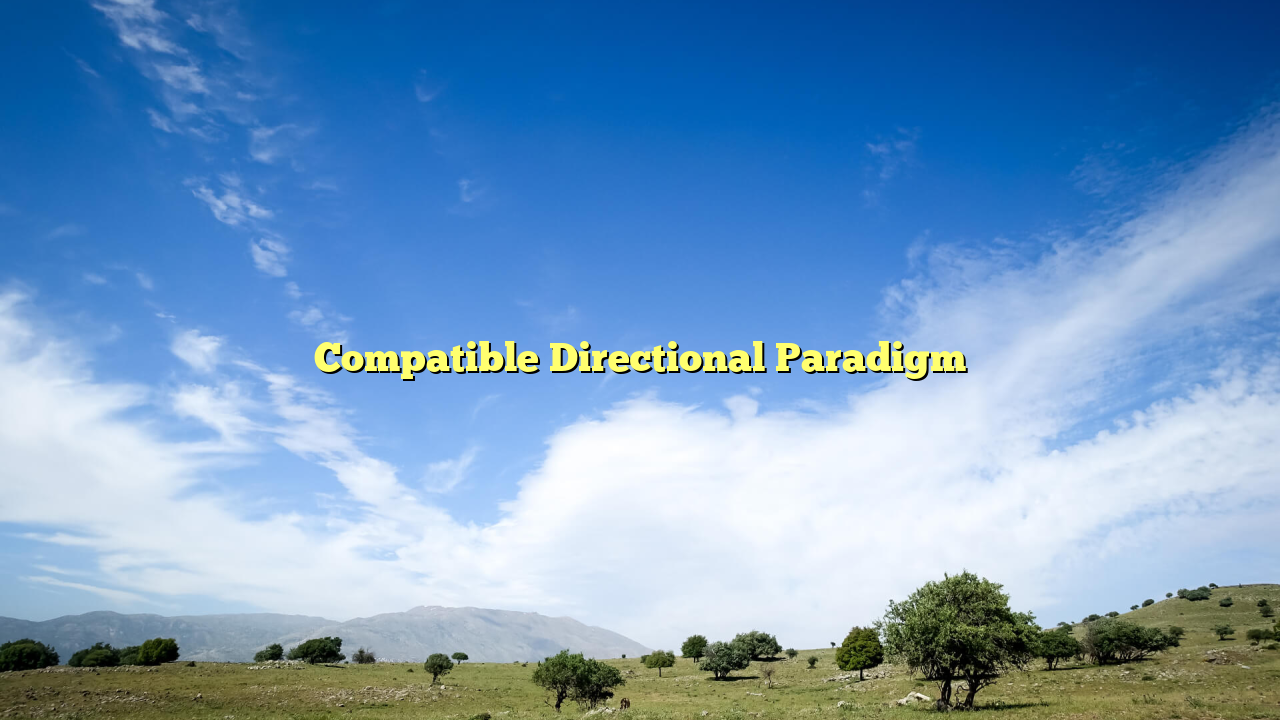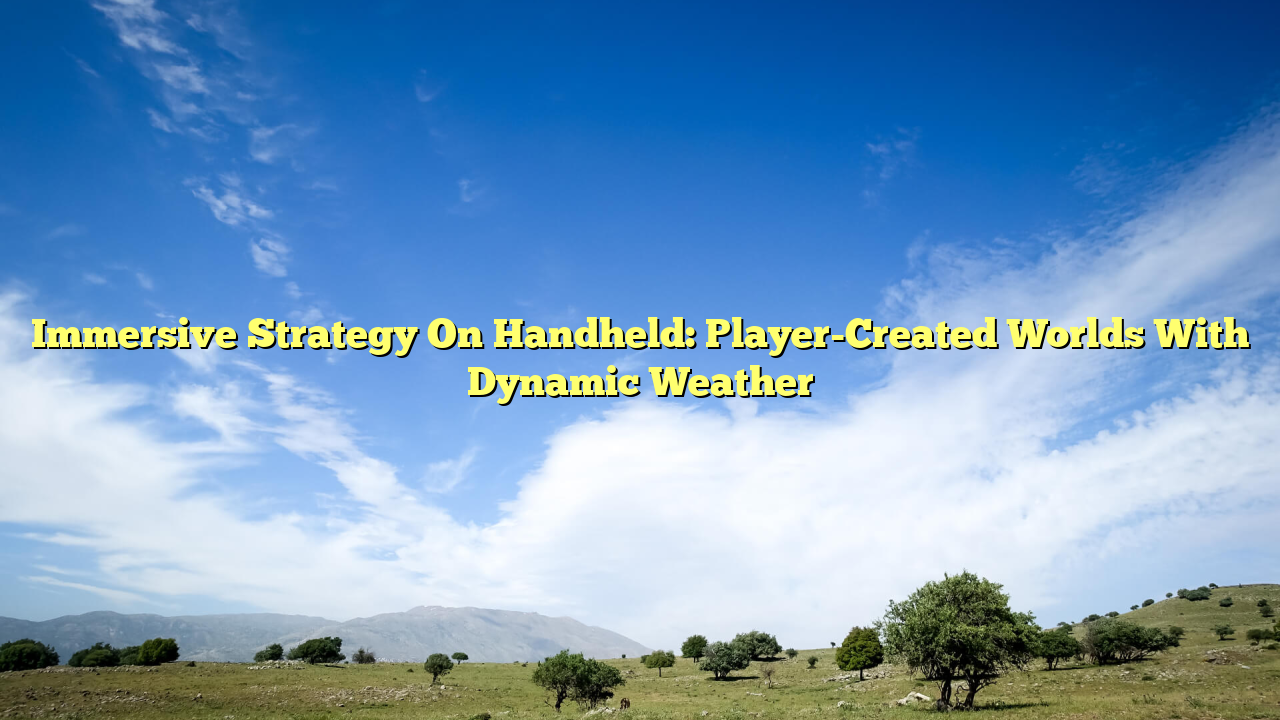In the early years of the 2020s, global politics has entered a period of dramatic transformation. From the resurgence of nationalism to the rise of multipolar power structures, governments around the world are recalibrating their foreign and domestic policies in response to rapid technological change, economic instability, and shifting public sentiment.
One of the most defining features of current global politics is the erosion of traditional alliances. The United States, long considered the linchpin of Western democratic unity, has adopted more inward-looking policies under successive administrations. situs slot qris has created both uncertainty and opportunity for emerging powers like China and India, which are asserting themselves more confidently on the world stage.
China, in particular, has expanded its influence through initiatives like the Belt and Road Initiative (BRI), which provides infrastructure investments across Asia, Africa, and parts of Europe. However, critics argue that the BRI has also led to increased debt dependency in recipient countries and a greater geopolitical foothold for Beijing. As a result, international politics is increasingly characterized by competition between democratic and authoritarian models of governance.
Meanwhile, in Europe, the consequences of Brexit continue to unfold. The United Kingdom’s departure from the European Union has left both entities navigating new political and economic realities. While the EU has taken steps to strengthen internal cohesion, issues such as migration, energy security, and the war in Ukraine have exposed underlying tensions among member states.
The war in Ukraine, which began in 2022, has significantly impacted global alignments. Western nations responded with sanctions against Russia and increased military aid to Ukraine. The conflict has not only reignited debates about NATO’s role but also underscored the fragility of peace in the post-Cold War era. Countries once seen as neutral, such as Sweden and Finland, have sought closer alignment with NATO, signaling a shift in the European security paradigm.
Domestically, many democracies are grappling with internal polarization. The rise of populist leaders, often propelled by anti-elite rhetoric and nationalist sentiment, has challenged long-standing political norms. In the United States, for example, deep partisan divides have stalled legislative processes and eroded public trust in institutions. Similar dynamics can be seen in Brazil, Hungary, and even in established democracies like France and Italy.
Social media has further complicated the political landscape. On one hand, it has democratized information and enabled grassroots movements. On the other, it has also amplified misinformation, deepened echo chambers, and enabled foreign interference in electoral processes. Governments are now struggling to balance freedom of expression with the need to safeguard democratic institutions.
Climate change, another pressing issue, has emerged as a major driver of political discourse. From the 2021 COP26 summit in Glasgow to ongoing debates about energy policy, leaders face mounting pressure to enact meaningful reforms. However, progress has been uneven, with political will often undermined by economic constraints and lobbying from powerful industries.
Looking ahead, the next few years will likely be defined by a delicate balancing act. Governments must navigate a world that is more interconnected yet fragmented, more advanced yet more vulnerable to disruption. Diplomacy, multilateralism, and innovative governance will be essential to managing the complex challenges of the 21st century.
Ultimately, the shifting landscape of global politics is a reminder that stability is never guaranteed. As citizens, political engagement and vigilance are more important than ever. In a time of flux, the choices we make — as individuals and nations — will shape the future of democracy, peace, and international cooperation.
The Shifting Landscape of Global Politics in the 2020s



